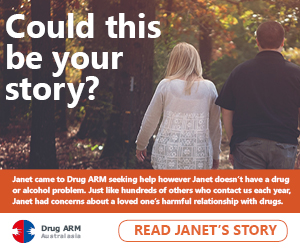Immigration Minister Scott Morrison has confirmed there is still no full-time psychiatrist on Manus Island, despite alarming figures showing about half of asylum seekers in Papua New Guinea and Nauru are suffering from significant depression, stress or anxiety.
Mr Morrison admitted the International Health Medical Service had not yet filled the position for a full-time psychiatrist at a media conference held on Monday morning spontaneously following a radio interview.
“While there may not be an individual full-time psychiatrist at Manus Island, there have been psychiatric services being provided at Manus Island,” Mr Morrison said.
“IHMS is still seeking to fill that full-time permanent role but that’s not to say that those services aren’t provided, that would be a complete misrepresentation of the situation there, but we will continue to provide support and services through IHMS to the standard that is required,” he said.
Yet figures from IHMS, obtained by Fairfax Media, have revealed a mental health crisis in Australia’s offshore and onshore detention centres.
The figures show the proportion of asylum seekers with serious mental health conditions and the severity of those conditions is increasing the longer they are held in detention centres.
They also indicate the number of people in immigration detention, both onshore and offshore, is “well over one thousand”.
Last week, Fairfax Media revealed that Mr Morrison had assured Amnesty International in April that there was a full-time psychiatrist on the island after the organisation raised concerns. But in May, Mr Morrison conceded his department gave him the wrong information and the team had not yet hired a full-time psychiatrist.
“The minister was wrongly advised by his department on this matter,” a spokesman for Mr Morrison said at the time.
Mental health advocates and psychiatrists have continually argued that the harsh environment of offshore detention centres directly contributes to the severity of mental health illnesses.
Dr Choong-Siew Yong, a former member of the government’s disbanded health advisory group on detention said it was clear that the length of time in detention usually correlated with more severe symptoms.
Research was also showing that the offshore regime was speeding up the process of “worsening mental health problems”, Dr Yong told Fairfax Media.
This article first appeared on ‘Sydney Morning Herald’ on 26 May 2014.























